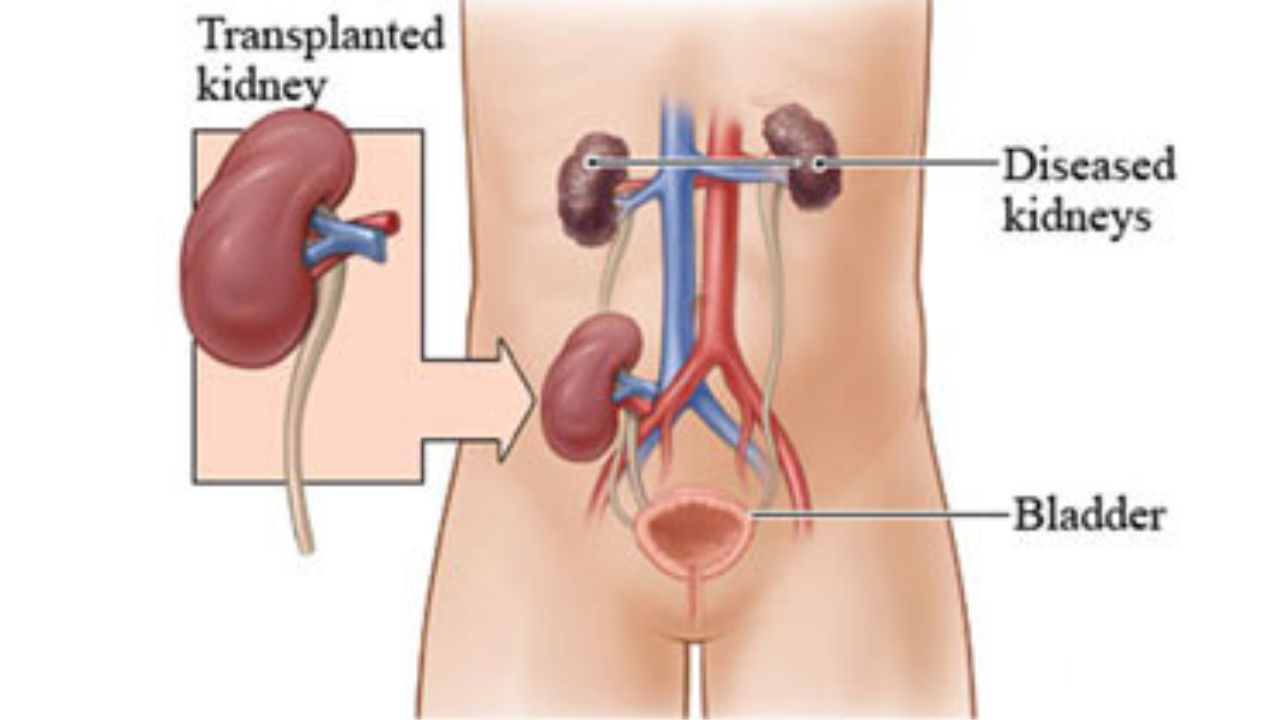Kidney Transplant in India: What You Need to Know
What is a Kidney Transplant?
A kidney transplant is a surgical procedure where a patient receives a healthy kidney from a donor. This life-saving operation is typically performed when a patient’s kidneys have failed and can no longer filter waste from the blood effectively. This condition is known as end-stage renal disease (ESRD) or chronic kidney failure. Kidney failure can result from various causes, including diabetes, high blood pressure, kidney disease, infections, or inflammation.
Who Needs a Kidney Transplant?
A kidney transplant is essential for patients suffering from end-stage renal disease. When the kidneys are no longer able to perform their critical function of filtering waste into urine, the patient requires a transplant. Conditions such as chronic kidney disease, diabetes, and hypertension often lead to kidney failure, necessitating this procedure. Kidney transplants offer a chance for a better quality of life and improved longevity for those affected.
The Procedure
Before the surgery, the patient will receive general anesthesia to ensure they are asleep and pain-free. The new kidney is transplanted into the lower abdomen, either on the right or left side, through a lower abdominal incision. This placement is different from where the original kidneys were located. Surgeons then connect the new kidney’s blood vessels to the patient’s major artery and leg vein. The bladder is linked to the ureter of the new kidney, which carries urine to the bladder. The incision is then stitched up, and the original kidneys are typically left in place unless they are causing complications.
Recovery Time
Most patients can return home within one to two weeks post-surgery. During recovery, patients will be given specific instructions for taking anti-rejection medications, monitoring blood pressure, urine output, and temperature. A dietician and social worker will assist in adjusting to a new routine. Patients usually return to work within three months, depending on their job and personal recovery progress. Women are advised to wait at least a year before attempting to get pregnant, and this should be discussed with the surgeon.
Potential Risks
While kidney transplants can significantly enhance the quality of life, they come with risks. Potential complications include organ rejection, bleeding, infection, and the development of certain cancers. Additionally, patients may face challenges such as diabetes, high blood pressure, elevated cholesterol, and bone disease. Regular follow-ups with healthcare providers are essential to manage these risks effectively.
In India, kidney transplants are performed by highly skilled surgeons with access to state-of-the-art medical facilities, ensuring that patients receive top-notch care throughout their treatment journey.
Kidney Transplant In India





